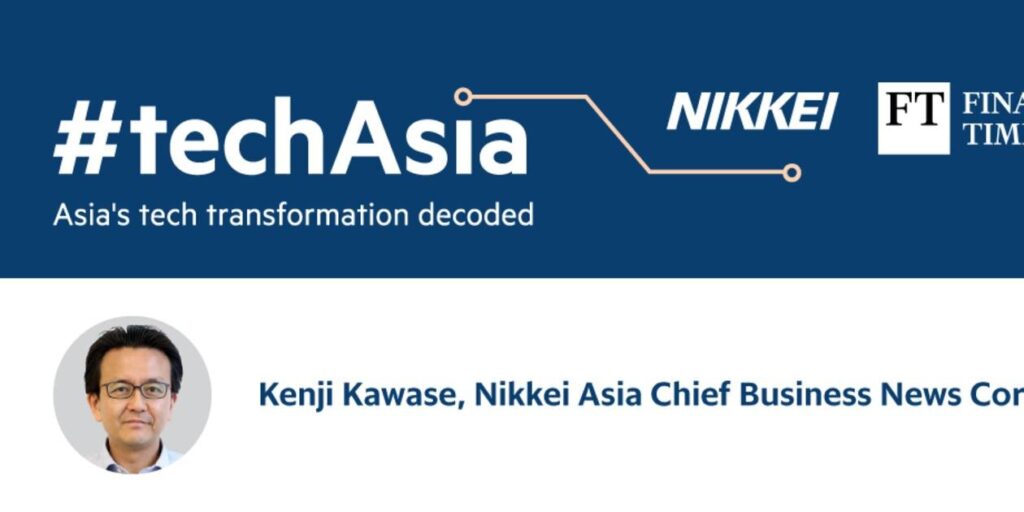Greetings, this is Kenji from Hong Kong.
As we navigate through the semi-annual frenzy of corporate earnings reports, marked notably by the absence of mandatory quarterly reporting on our local exchange, we find ourselves in the thick of midyear earnings season. The deadline for most listed companies falls at the end of the month, resulting in a torrent of disclosures during these final weeks of August.
The stock markets in Hong Kong and mainland China have been highly reactive to the daily revelations of these earnings reports. Amidst this financial whirlwind, an equally impactful event has rocked shares in Shenzhen and Shanghai: the release of the Chinese console game “Black Myth: Wukong.”
Earning praise both domestically and internationally, “Black Myth” has driven investors to snap up what are being termed “Black Myth concept shares.” On the day of its debut, Shanghai-listed Zhejiang Publishing & Media saw its stock surge by 10%, hitting the daily upper limit. This spike was primarily driven by the company’s announcement that its subsidiary is in charge of the game’s content and publishing processes, igniting a buying frenzy that extended into the following day.
Interestingly, even firms with only indirect or speculative links to the game, fueled by media reports, experienced significant gains. In Shenzhen, CITIC Press Group and Qitian Technology Group each soared 20%, benefiting from the newer registration-based IPO system. Meanwhile, Huayi Brothers Media Corp. saw its stock price soar more than 30% in just two days, triggering mandatory disclosure requirements on Tuesday.
Although this type of market reaction is typically transient, it suggests that investors are sensing a potential game-changer on the horizon. Whether or not these speculative gains have merit remains to be seen, but our in-depth coverage on this gaming phenomenon could offer insights into the hype.
The Next Level of Gaming Success
“Black Myth: Wukong,” a single-player role-playing game that has been awaited with bated breath, has set the gaming world ablaze. Seen as a groundbreaking moment for the industry by a Chinese brokerage, the game has garnered notable attention, both at home and abroad.
Developed by Tencent-backed Game Science, the game draws inspiration from the Chinese literary classic “Journey to the West.” Players step into the shoes of Sun Wukong, the legendary Monkey King, as he journeys through this richly woven tale. Initially rolled out for PC and PlayStation 5, an Xbox release is slated to follow.
Traditionally dominated by smartphone games, the Chinese gaming market is witnessing a slow yet steady shift towards console gaming, with “Black Myth” poised to further this trend. With its blockbuster-like production costs estimated to hit at least 400 million yuan ($56 million), excluding marketing, the game’s success could invigorate the global gaming industry, which has been languishing for some time.
AI in the Educational Arena
In South Korea, a proposal to introduce AI-powered digital textbooks in schools has ignited a debate among parents and educators, concerned about the implications of excessive screen time and potential misinformation for students.
According to the South Korean education ministry, these tablets will feature customizable learning experiences, assessing students and delivering AI-generated tasks tailored to their learning speeds. Other tools include AI programs that transcribe teacher remarks directly onto electronic whiteboards and mobile robots programmed to answer student inquiries comprehensively.
Despite these advancements, the initiative has faced strong opposition. Parents like Lee Sun-young are apprehensive about the impact of extensive use of digital devices on cognitive development, attention spans, and problem-solving skills.
Chipping Away at AI Dominance
The market for artificial intelligence chips is set to expand rapidly, with Nvidia holding the fort as the global leader. However, several Asian startups and industry players are challenging Nvidia’s dominance, according to Ryohtaroh Satoh from Nikkei Asia.
AI chips are generally divided into two types: “inference” chips for existing models and “training” chips for new model development. The former category is expected to drive market growth over the coming years.
Japan’s AI unicorn, Preferred Networks, is delving into both chip types. CEO Toru Nishikawa believes that significant architectural changes are imminent, and the player providing the most cost-effective solution will secure market leadership.
A Strategic Shift for China’s Telecom Giants
With the era of heavy 5G infrastructure investment behind them, China’s state-owned telecom operators are now channeling their resources into higher dividends, driven by the Chinese government, their primary beneficiary. As Kenji Kawase from Nikkei Asia outlines, China Mobile and China Telecom are leading this shift, promising 75% profit distribution as dividends within three years.
This strategy, combining high dividends and reduced capital expenditure, has been well-received by investors, outpacing benchmark indexes. The advent of 5G-Advanced technology promises minimal investment, according to China Telecom’s Chairman, holding off on significant spending until the commercial rollout of 6G, expected no earlier than 2028.
For more compelling stories delivered to your inbox, don’t miss our #techAsia newsletter. Existing subscribers can click here to update their preferences.


